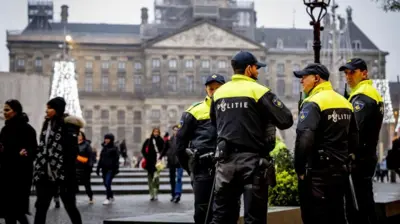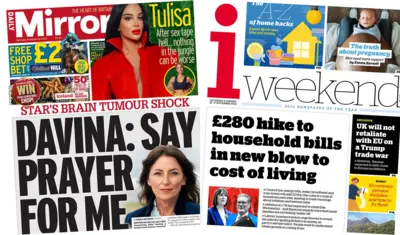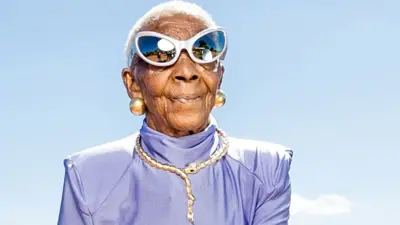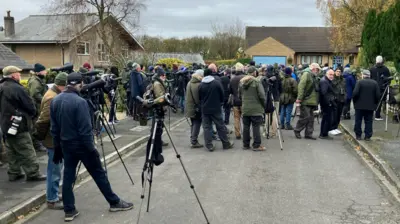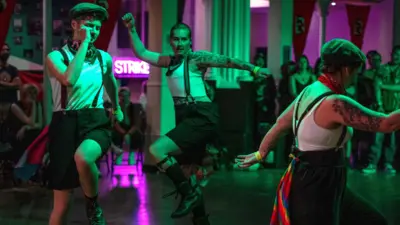We've updated our Privacy and Cookies Policy
We've made some important changes to our Privacy and Cookies Policy and we want you to know what this means for you and your data.
Opposition takes up seats in new Venezuelan parliament
A new parliament has convened in Venezuela, the first in five years to have substantial opposition representation.
But opposition politicians say their influence has been curtailed by the powers of decree given to President Hugo Chavez by the outgoing parliament.
Under the decree, Mr Chavez can pass some laws without parliament's support.
Opposition politicians had boycotted the 2005 election, which they said was fraudulent.
The party of President Chavez still holds a majority with 98 seats, well ahead of the 65 won by the opposition in September's election.
But with less than two-thirds of the seats, President Chavez's party no longer has a "super majority", which allowed it, among other things, to appoint Supreme Court Justices.
'Hands tied'
Opposition politicians accuse President Chavez of making up for this loss of influence by pushing through special powers.
The president had asked to be able to rule by decree for a year to address the emergency caused by floods and landslides that have killed some 40 people and left 140,000 homeless.
But the outgoing National Assembly extended the period to 18 months, the fourth time President Chavez has been given such authority since he came to office almost 12 years ago.
Opposition politicians say their hands have been tied by other measures, too.
Under new internal rules passed by the outgoing parliament, the legislature will now meet as little as four days a month and speeches to the assembly have been limited to 15 minutes per member.
Government lawmakers deny the reform was brought in to hamper the opposition.
They say it was long overdue and would streamline the work of the parliament.
Top Stories
More to explore
Most read
Content is not available
